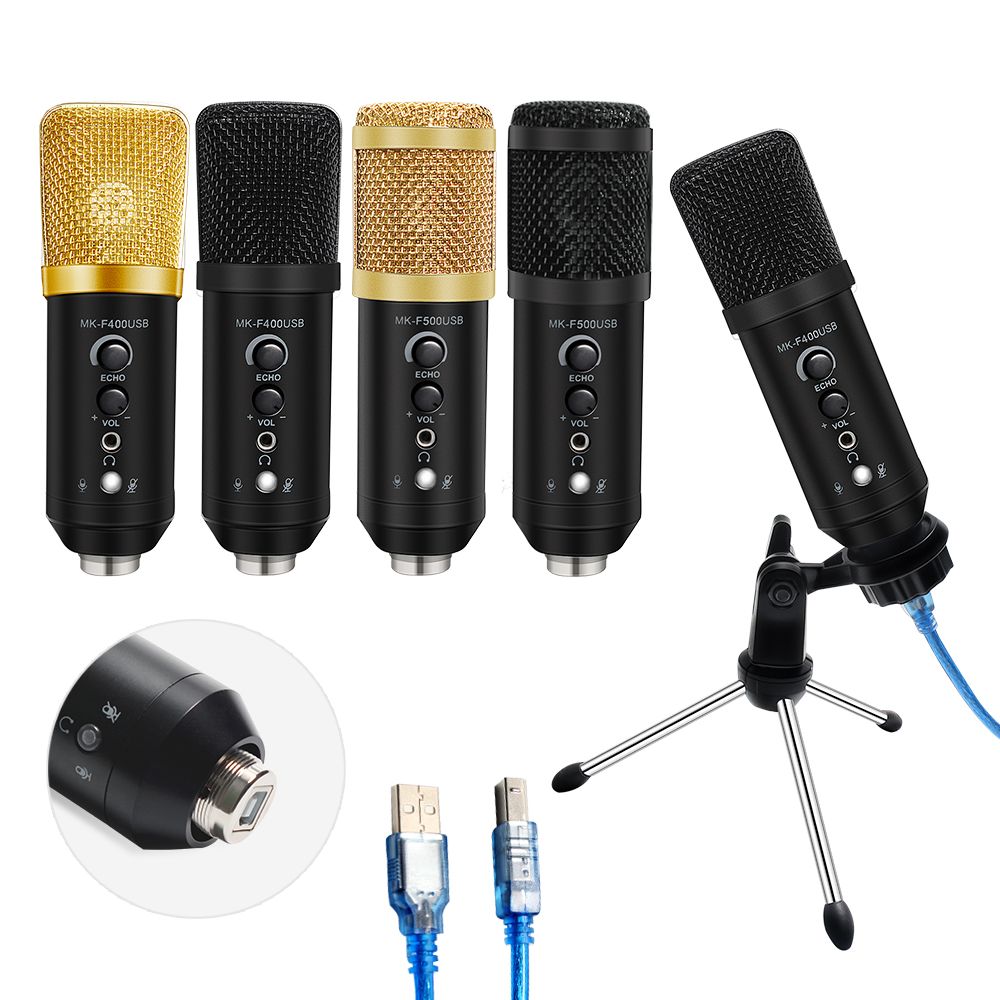
Polar Pattern: This describes the three-dimensional space where microphones best pick up sound. If you expect a lot of ambient noise or plan on recording outdoors, then a dynamic microphone is best. For studio-recorded podcasts, a condenser mic will capture the richness of your vocals, but know that they may pick up more background noise.

Dynamic: These are the types of microphones you should consider for recording audio. But if you have a more complicated setup (such as recording other people or you have additional sound sources), then an XLR mic may be the better option.Ĭondenser vs. Location and number of people: If you plan to record by yourself in one location (say, your acoustic-paneled home studio or living room) using your computer or tablet, then a USB mic is also going to be your best bet. Here are some other things you should consider before you buy a microphone for podcasting:

Unless you’re an analog devotee, we’re guessing that you’re using a computer or tablet (or even your smartphone) to digitally record your podcast, so you’ll need a mic that’s compatible with your operating system and recording/editing software. The best podcast microphones will ensure rich, clear vocals, so even if you’re a one-person show, you won’t sound like one. Sound like you? Whether you’re picking podcasting up as a hobby or a new venture, one thing’s for sure: Low-quality equipment could make or break even the most compelling content, as otherwise interested listeners might be too distracted by background noise. If you purchase an independently reviewed product or service through a link on our website, Rolling Stone may receive an affiliate commission.Īs many of us are making a habit of logging more hours at home, it’s no wonder that we’re also tuning into more podcasts - or even starting our own pods.


 0 kommentar(er)
0 kommentar(er)
